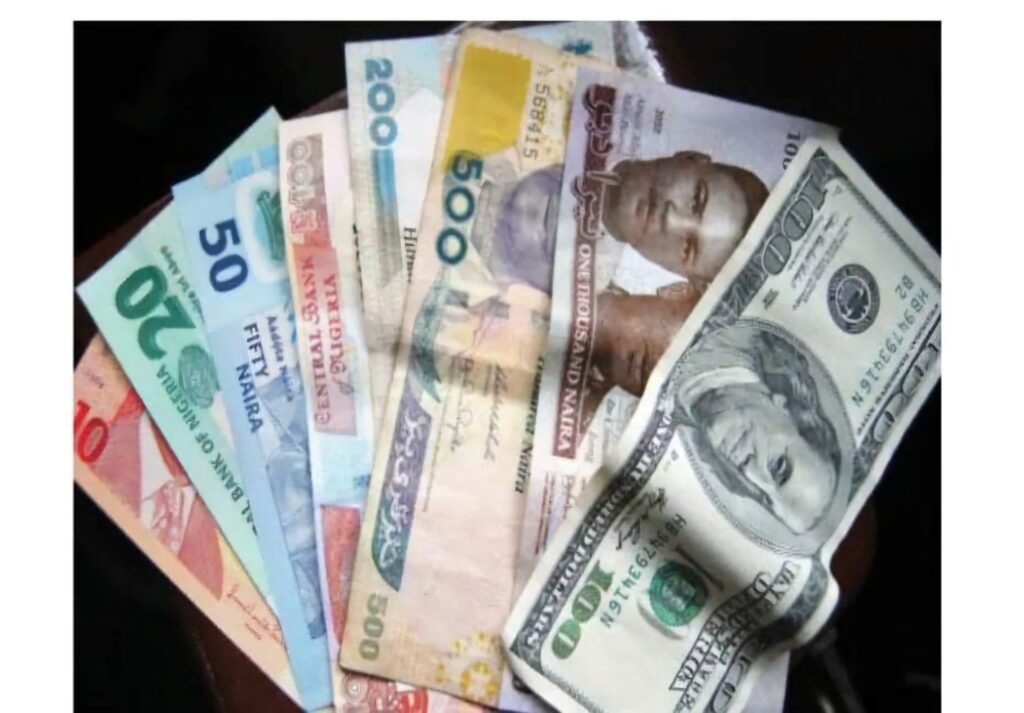
Nigeria’s local currency, the naira, has been ranked among the 10 worst-performing currencies in the world, according to a report by Bloomberg.
The report highlights that five of the worst-performing currencies globally are from Africa, including the Zambian kwacha, Angolan kwanza, and the naira.
The decline in the performance of African currencies has been attributed to several factors, including economic challenges, unstable commodity prices, inflationary pressures, and a lack of dollar liquidity. The report noted that many African economies, heavily reliant on oil exports, are particularly vulnerable to drops in oil prices.
Keonethebe Bosigo, portfolio manager at Mazi Asset Management, commented that while oil prices are a significant factor, the real issue lies in poor currency management and economic imbalances. He explained that for the naira, the problem stemmed from not allowing it to adjust, which led to overvaluation and a subsequent loss of confidence in the currency.
Irmgard Erasmus, an economist at Oxford Economics, also weighed in on the naira’s struggles, citing ongoing issues with liquidity and dollar supply. Despite reforms aimed at liberalizing Nigeria’s current account following the election of President Tinubu in 2023, the currency continues to face significant pressure.
“The naira remains undervalued relative to its long-term neutral value due to ongoing issues around liquidity and dollar supply,” said Erasmus. He added that while declining Brent crude prices have worsened the situation, improvements in dollar liquidity could potentially aid in the naira’s recovery over time.
Erasmus also stated that the naira should be trading around N1,100 per dollar in the absence of distortions, compared to its recent close of N1,544/$. However, he warned that without major policy reforms and better dollar supply, the outlook for the naira remains uncertain.


